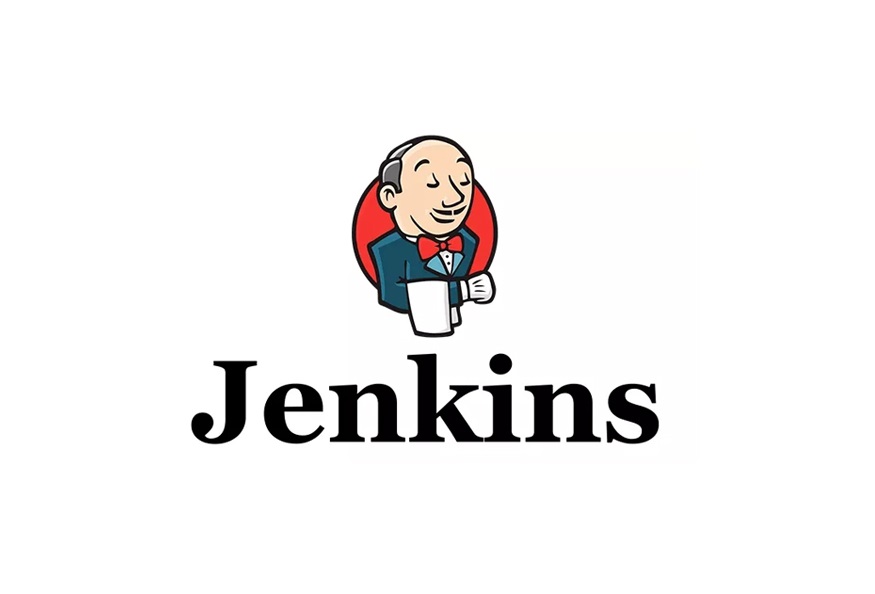Everything you need to know to master Azure DevOps
Published
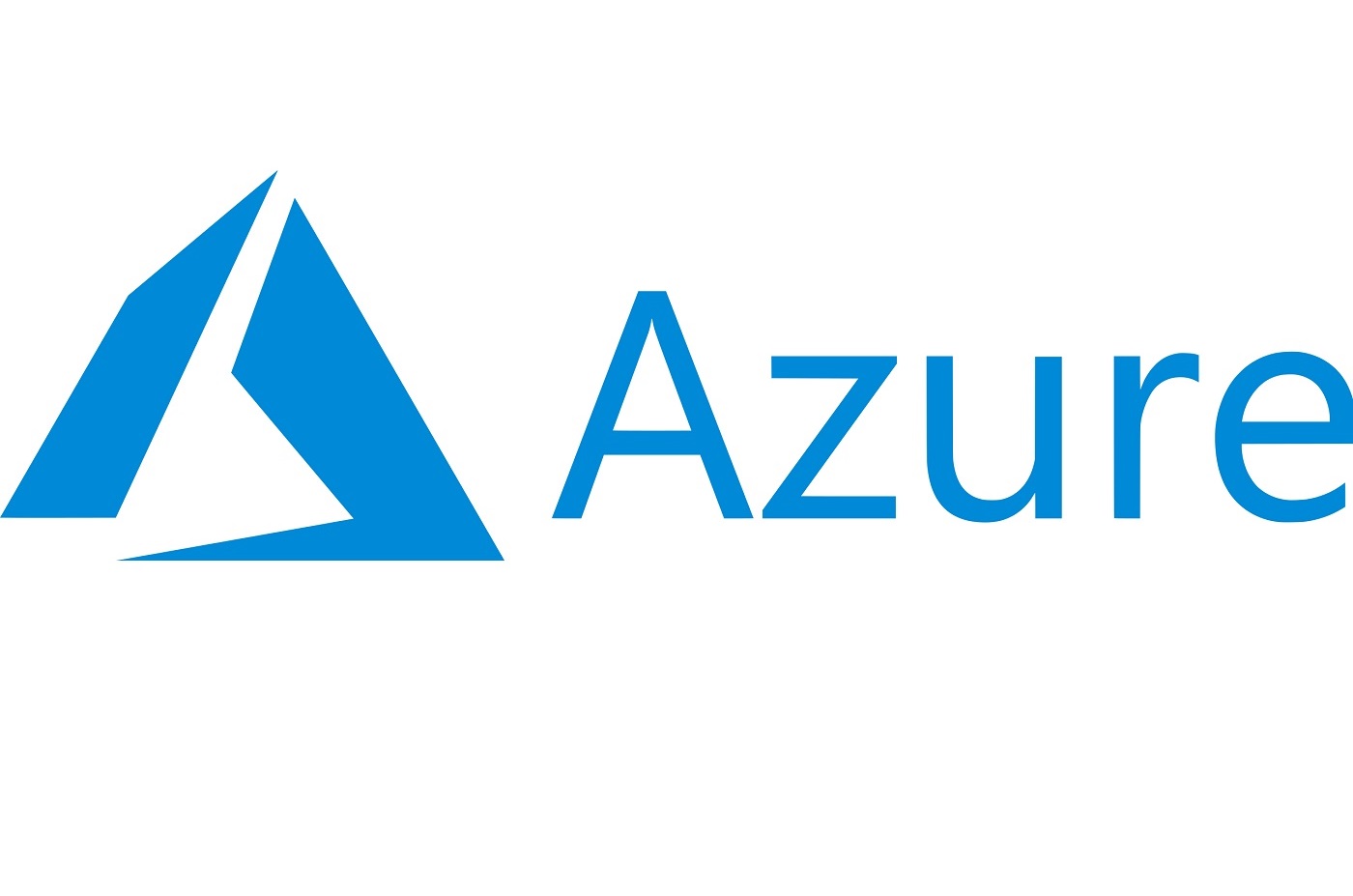
Azure DevOps is a suite of developer tools developed by Microsoft that can be used to manage the entire lifecycle of software applications. Azure DevOps consists of various tools that can be seamlessly integrated, including:
- Azure Boards: An agile project management tool that helps teams plan, track, and discuss their work.
- Azure Repos: A version control system that allows teams to collaborate on code, helping to avoid conflicts and ensure code quality.
- Azure Pipelines: A continuous integration and delivery (CI/CD) tool that allows teams to automatically build and test and deploy code to the cloud or on-premises.
- Azure Test Plans: A tool for planning, managing, and executing tests that enables comprehensive test coverage and defect tracking.
Azure DevOps supports a variety of programming languages and platforms, including Java, Python, Node.js, C#, PHP, Ruby, and others. It can be used in various environments including the cloud (Azure) and on-premises installations.
Azure DevOps is designed to enable developers and teams to develop, test, and deploy applications faster and more efficiently by providing an integrated platform for the entire software development lifecycle.
How complicated is Azure DevOps to learn?
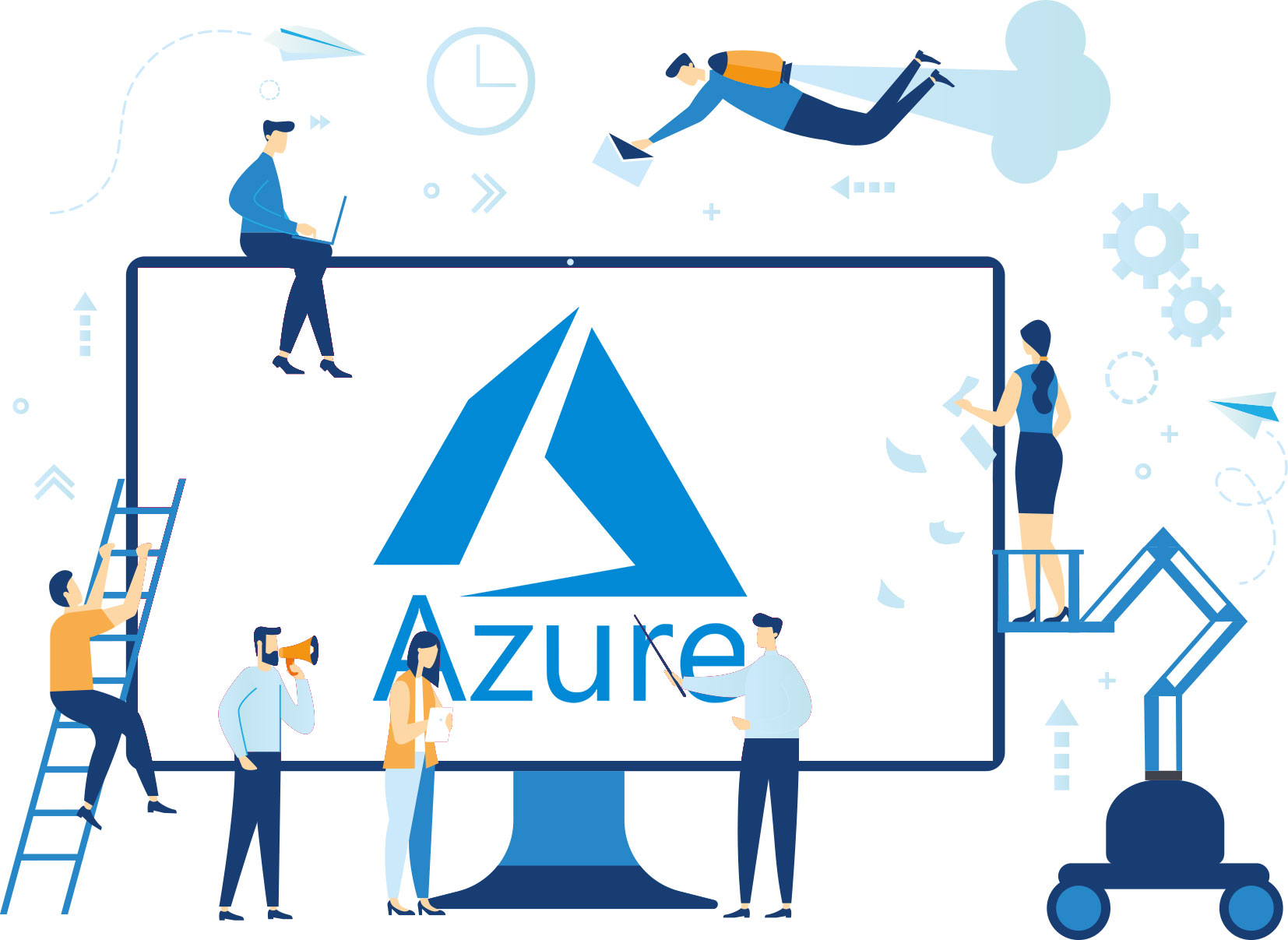
Those : affirma.com
The learning curve for Azure DevOps depends on various factors, including prior software development experience, languages and platforms used, and the complexity of the projects being worked on.
If you already have experience in software development and using agile methods and tools, you can get to grips with Azure DevOps more quickly. However, if you have little or no software development experience, learning Azure DevOps may be a little more difficult.
Fundamentally, Azure DevOps is designed to be intuitive and user-friendly. There is also extensive documentation and tutorials that can help you learn the tool. Additionally, there is an active community of developers who can help you with any questions or problems.
To learn Azure DevOps, you can take the following steps:
- Conduct tutorials and training: There are many online tutorials and training that can help you learn Azure DevOps. Microsoft, for example, offers free training and tutorials on its website.
- Hands-on experience: Hands-on experience with Azure DevOps is the best way to learn the tool. Try creating a simple project and working with the tool.
- Collaborate with other developers: Collaborating with other developers and participating in the community can help you learn faster and improve your skills.
Overall, the learning curve for Azure DevOps can vary depending on individual prior knowledge and project complexity. However, there are many resources and tools available to help you learn Azure DevOps.
Which companies use Azure DevOps?
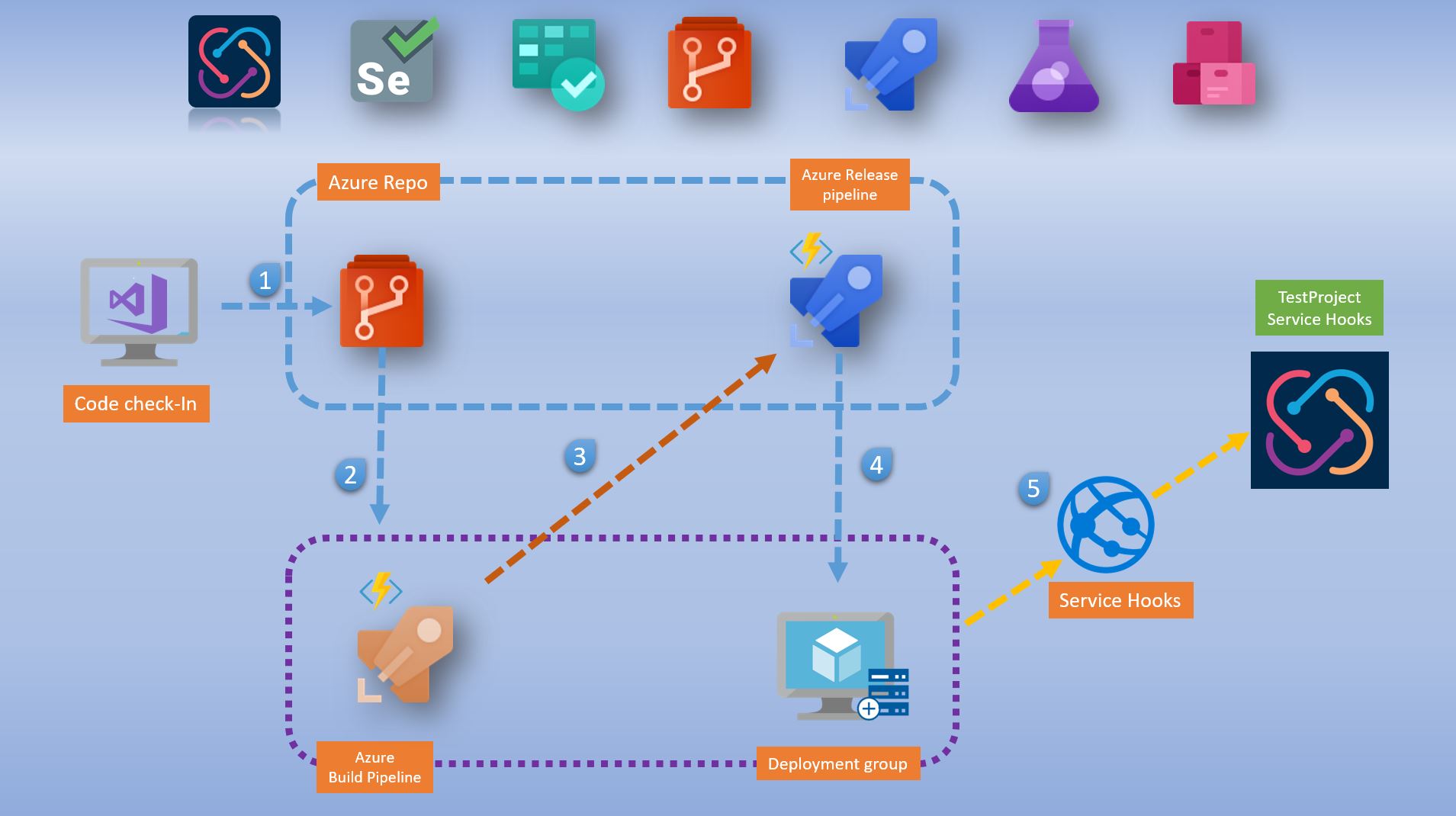
Those : blog.testproject.io
Azure DevOps is used by a wide range of companies and organizations around the world. These include companies of different sizes and industries, from start-ups to large corporations. Some well-known companies using Azure DevOps are:
- Microsoft itself uses Azure DevOps to develop products and services such as Office 365, Azure, Visual Studio and Windows.
- Adobe Systems, a leading provider of creative software such as Photoshop and Acrobat, uses Azure DevOps to manage the development and operational processes of its software platforms.
- General Electric, a global energy, aviation, healthcare and transportation company, uses Azure DevOps to develop software for industrial applications.
- Volvo, a Swedish car manufacturer, uses Azure DevOps to modernize its IT systems and increase the efficiency of its development processes.
- Coca-Cola European Partners, one of the largest bottlers and marketers of Coca-Cola products in the world, is using Azure DevOps to optimize its internal development and operations processes.
These are just a few examples of companies using Azure DevOps. The platform is used by many other companies and organizations in various industries and regions.
Which components are part of Azure DevOps?
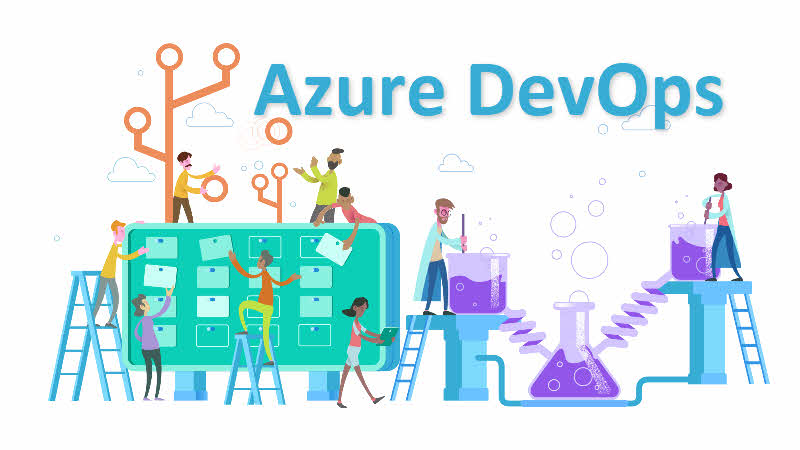
Those : kunal-chowdhury.com
Here are the key components of Azure DevOps:
- Azure Boards: An agile project management solution that provides work items, Kanban boards, backlogs, and dashboards for tracking projects and teams.
- Azure Repos: A code repository solution for Git and Team Foundation Version Control (TFVC) that allows developers to share, manage, and review code.
- Azure Pipelines: A continuous integration and continuous deployment (CI/CD) solution that supports automated creation, testing, and deployment of applications and infrastructure.
- Azure Test Plans: A test management solution for manual and automated testing that is integrated into the development and delivery processes.
- Azure Artifacts: A package management system for NuGet, npm, and Maven packages that allows developers to publish and manage libraries and artifacts.
- Azure DevOps Server (formerly known as Team Foundation Server): An on-premises version of Azure DevOps that provides organizations with an on-premises solution for their DevOps tools.
These components work seamlessly together to provide an end-to-end development solution for teams that want to work agile and leverage the DevOps methodology.
What jobs exist for Azure DevOps?
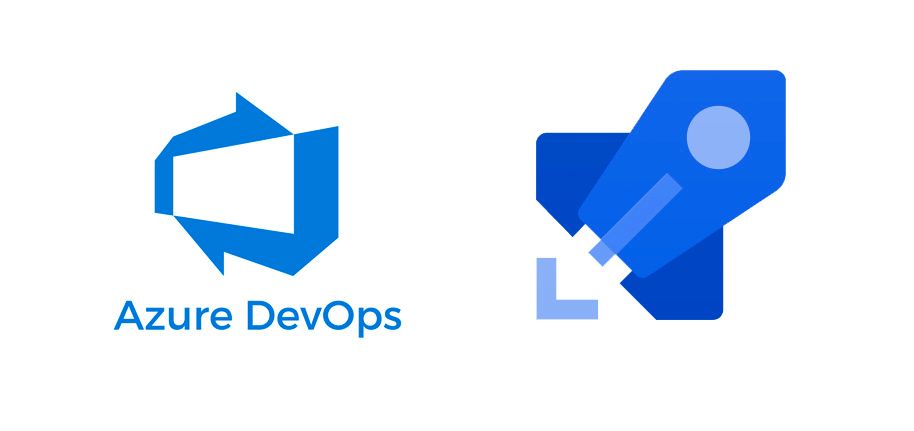
Those : blog.dotmodus.com
There are various career options and professions that specialize in Azure DevOps. Here are some examples:
- Azure DevOps Engineer: An Azure DevOps Engineer is responsible for planning, developing, deploying, and managing DevOps workflows. This includes configuring CI/CD pipelines, managing test plans, managing artifacts, and automating deployments.
- Cloud Architect: A cloud architect is responsible for planning, implementing and managing cloud-based infrastructure and applications. In this context, a deep understanding of Azure DevOps tools and methodologies is helpful in creating optimal infrastructure and optimizing development and deployment processes.
- DevOps Manager: A DevOps manager is responsible for leading teams that use DevOps methodologies and tools to automate development and delivery processes. The manager is responsible for ensuring the effective implementation of DevOps practices and ensuring that the company's goals are achieved.
- Site Reliability Engineer (SRE): An SRE is responsible for ensuring that applications and systems are constantly available, secure, and scalable. This includes configuring monitoring and alerting systems, automating deployments, and improving system performance.
- Azure Developer: An Azure developer is responsible for developing applications and services that run on Azure. This can involve creating Azure Functions, Azure App Services or other Azure services. In this context, a deep understanding of Azure DevOps tools and methodologies is helpful to work effectively and efficiently.
This list is not exhaustive and there are many more jobs and roles that specialize in Azure DevOps. Fundamentally, Azure DevOps is an important part of modern software development and can be important for various roles and career opportunities.
What programming language was Azure DevOps developed in?
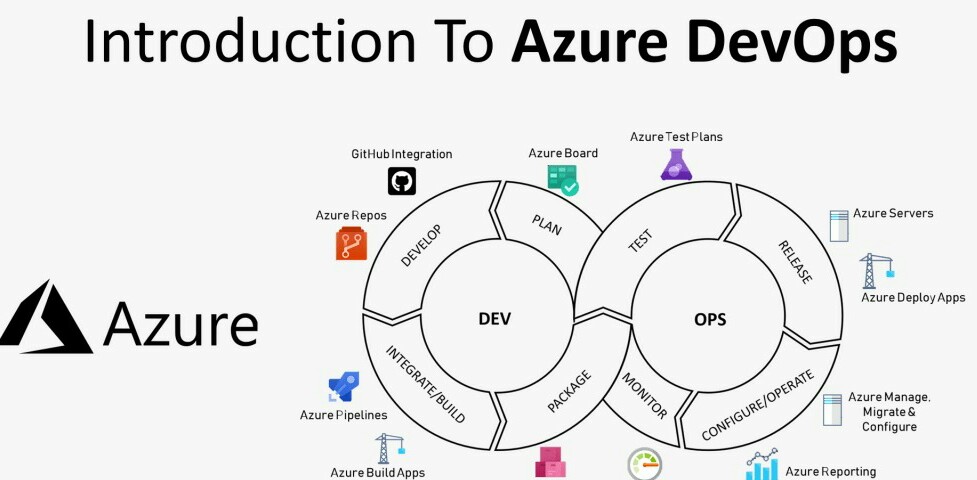
Those : azuredevopstraining.co.in
Azure DevOps is a cloud-based service that provides various tools and capabilities for agile software development and DevOps delivery. It is developed primarily in C# and .NET to facilitate integration with Microsoft technologies and platforms such as Visual Studio and Azure. However, Azure DevOps is not limited to a specific programming language and can be used with various languages and technologies such as Java, Python and Node.js.
